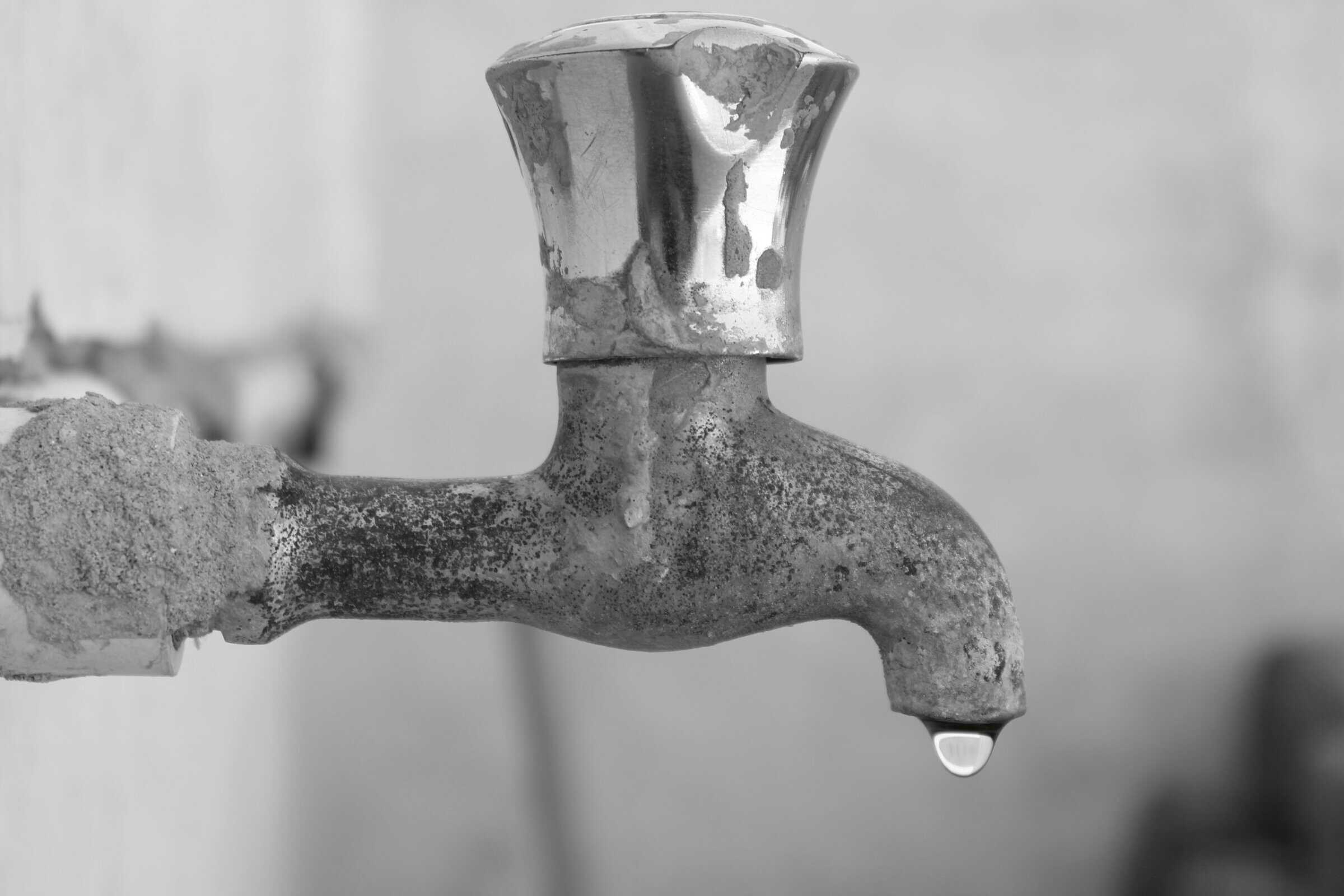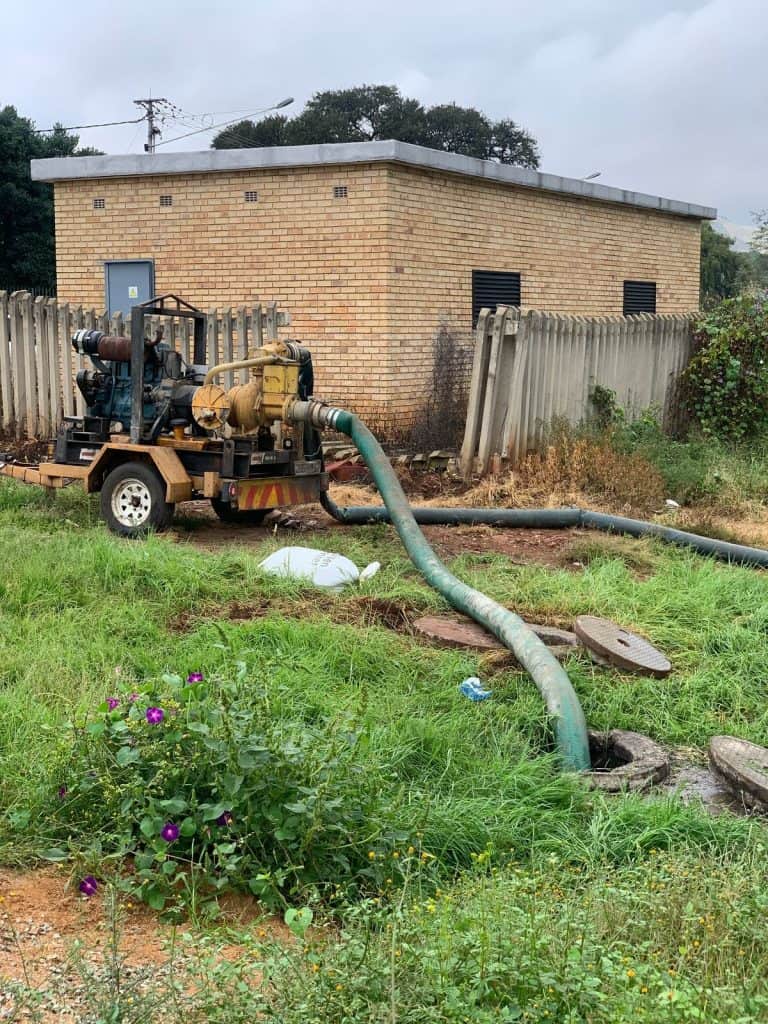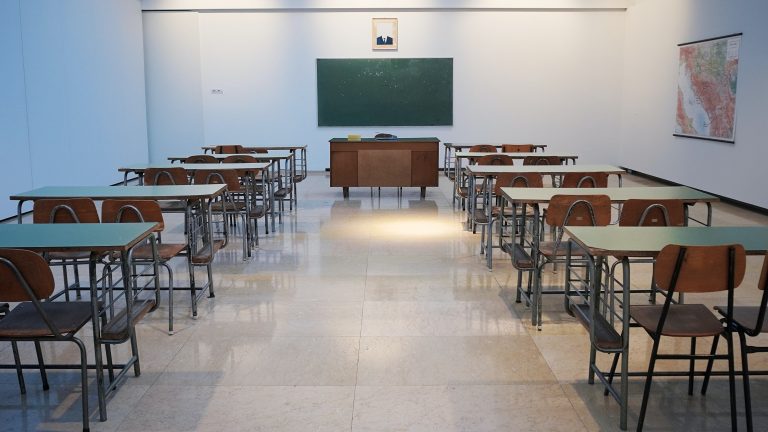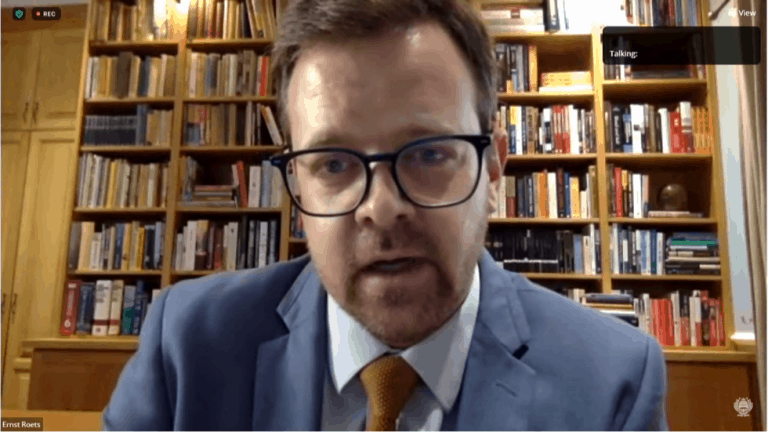Minister’s empty promises echo in Gauteng metros’ failure to answer AfriForum’s questions about water waste
Gauteng’s three metropolitan municipalities (Ekurhuleni, Johannesburg and Tshwane) failed to respond to AfriForum’s formal applications in terms of the Promotion of Access to Information Act (PAIA) to obtain facts about the high water consumption in these metro’s. This is while the Minister of Water and Sanitation, Pemmy Majodina, recently stated in Parliament that the government is doing everything in its power to avert a water crisis and warned that Gauteng residents will be punished with further water restrictions if these municipalities’ water consumption does not urgently decrease.
On 13 March, AfriForum submitted PAIA applications to each of Gauteng’s three metros to shed light on the true extent of water consumption and waste in the metros. By law, the metros’ information officers had to either provide feedback on AfriForum’s request within 30 days (before or on 14 April) or provide reasons why a further period of 30 days was required to process the application. Failure to do so is automatically considered a refusal of the application.
Contrary to the objective of PAIA – to promote transparency and accountability in public institutions – the metros’ failure to provide answers raises even more suspicion about the seriousness with which the water crisis is being tackled. AfriForum maintains that high water consumption in Gauteng cannot necessarily be blamed on residents and that excessively high consumption probably stems from waste due to poor municipal maintenance of the water networks.
“The Minister’s statements about Gauteng’s high average water consumption are misleading, because they are based on the volumes supplied to the metros,” explains Marais de Vaal, AfriForum’s advisor for Environmental Affairs. “This is only one side of the equation. This is not to say that residents, businesses and industries are currently using more water than before.”
According to the latest information from the Department of Water and Sanitation (DWS), by the end of February, the metros’ water consumption exceeded the amount of water allocated to them by Rand Water by about 16%. Key to this high consumption is the physical water losses due to leaks and theft in Johannesburg, Tshwane and Ekurhuleni stand at 36.8%, 32.5% and 27.9% respectively – well above the target of 15%. Of further concern is the growing gap between the number of water leaks reported month-on-month in Johannesburg and Tshwane and the number that is repaired.
“The only conclusion about Gauteng’s water use that can be made with certainty is that almost a third of the water purchased by the metros from Rand Water and introduced into the metros’ systems is lost. At this point in time, water restrictions are therefore simply not the right means to the end of reducing water use. Every possible effort should be made to curb physical water losses,” says De Vaal. “Given the metros’ failure to provide information about their water use to AfriForum, a strong suspicion is created that the metros are not handling the crisis with the necessary seriousness and urgency it deserves,” concludes De Vaal.
AfriForum will lodge an internal appeal against each of the metros’ refusal of the applications. If the appeal succeeds and the information disclosed thereby confirms AfriForum’s suspicion that the root causes of Gauteng’s water crisis are not being effectively resolved by the metros, the organization will consider legal action against the metros concerned to force them to prioritize the repair of water leaks and removal of illegal connections.











